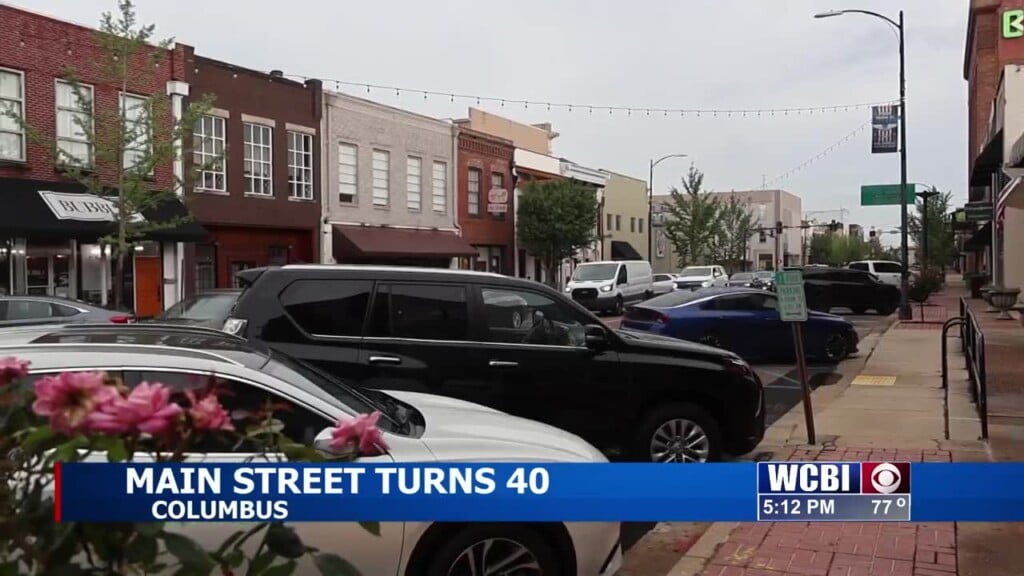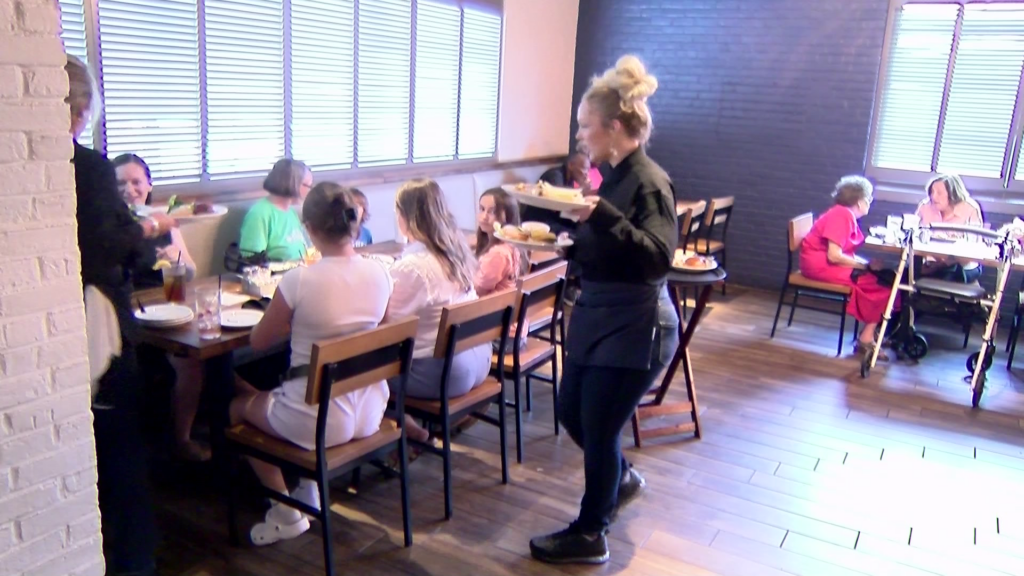AG Eyeing Fake Job Scams
Jackson, MS—Attorney General Jim Hood today is warning consumers of scams involving employment opportunities, particularly via the internet and sites such as Craig’s List.
“Our investigators are receiving numerous calls concerning these types of scams,” said Attorney General Hood. “We want to warn people before they fall victim.”
These employment scams vary in detail, but some recent scenarios include requesting assistance with family members and advertising on personal automobiles for a salary. In a typical scam, the consumer will send an email requesting information from the “employer.” The “employer” then contacts the consumer, usually via email or text, about the fake employment opportunity. “The scam artists make the opportunity sound great and relatively easy for consumers who are seeking a job,” said Attorney General Hood.
The scam typically works with the “employer” sending one or multiple checks to the consumer. The consumer is asked to deposit the check into his or her personal bank account. After depositing the money, the consumer is asked to withdraw it, keep a portion for a “monthly salary,” and send the remaining funds via wire transfer, money gram, green dot money card, or some similar mechanism into another account. The check initially appears to be a legitimate check because it usually has a good routing number based on an actual, legitimate account. After a few days, though, the check is flagged and proven to be unauthorized. As a result, the burden then falls on the consumer to pay the money back to the bank from which they withdrew. By this time, the scam artist has already taken the consumer’s money, left the consumer responsible for paying back the bank, and moved on to a new victim.
This scam is a modern twist on the age-old “lottery scam.” Predating internet and electronic communications, the “lottery scam” involved a con artist working through the mail by sending a sizable check to a “winning” consumer. The consumer would be directed to cash or deposit the check and return a portion back to the sender to cover “taxes” or “fees” on the lottery “winnings,” only to find out a couple of days later that the check had bounced and the consumer was responsible.
“Consumers always need to be wary of sharing personal information or acting quickly on deals that seem too good to be true,” said Attorney General Hood.
Anyone who feels they may have already fallen victim to such a scam can call the Consumer Protection Division of the Attorney General’s Office at 1-800-281-4418 or go online at www.agjimhood.com to download a complaint form.





Leave a Reply